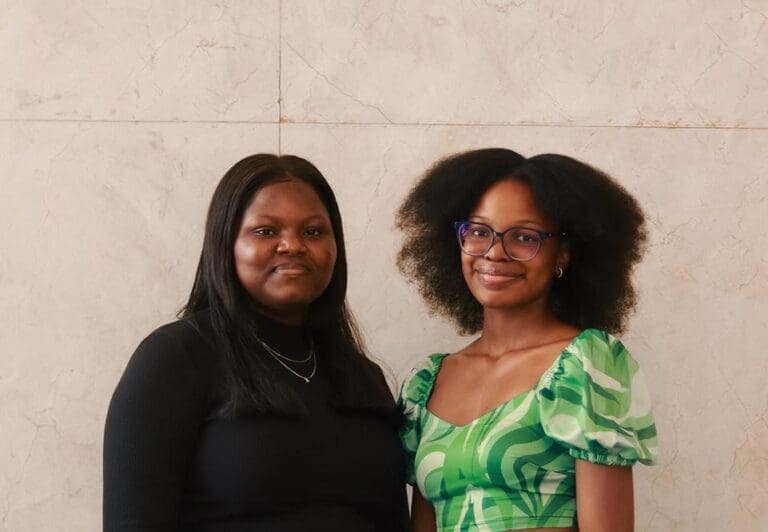As part of efforts to contribute to the development of an inclusive society and to bring women in underserved rural communities into the mainstream economy, Telkom is collaborating with the Embassy of Ireland and JP Morgan.
The collaboration, through TelkomFutureMakers initiative, supports students from universities and colleges in underserved areas with resources and mentorship that enable them to turn their ideas into real business solutions.
The I’M IN Women Pre-Accelerated Programme recognises the importance of inclusivity in the economy. A diversity of voices and skills in dealing with real world challenges ultimately builds resilience.
“With wealth and income inequality still drawn across gender lines, Telkom believes that it is critical for the future of gender inclusion and for economic growth, to give young women opportunities and exposure to personal and business development initiatives that allow them to flourish,” said Dr Mmaki Jantjies, Group Executive: Innovation and Transformation at Telkom.
“When these women are given access to funding, technology and to markets, they become agents of change in their communities.”
Female economic empowerment starts at grassroots level, nurturing talent that might otherwise by stymied by geography and circumstances. programme selects young female students from institutions which do not offer the same opportunities as well-resourced universities in the large cities.
In April 2024, 30 female graduates of the programme began the next stage of their journeys, taking with them the experience, insights and technical expertise learned from being part of the I’M IN Women Pre-Accelerated Programme. These young women are set to become significant entrepreneurs in the tech space.
Since the advent of democracy, women have moved from being powerful symbols of resistance, which is what we celebrate on 9 August, to representing the reconstruction of the very fabric of society and the economy.
“With the help of programmes like I’M IN Women Pre-Accelerated Programme, women are reshaping their own future and that of South Africa,” Dr Jantjies concluded.

